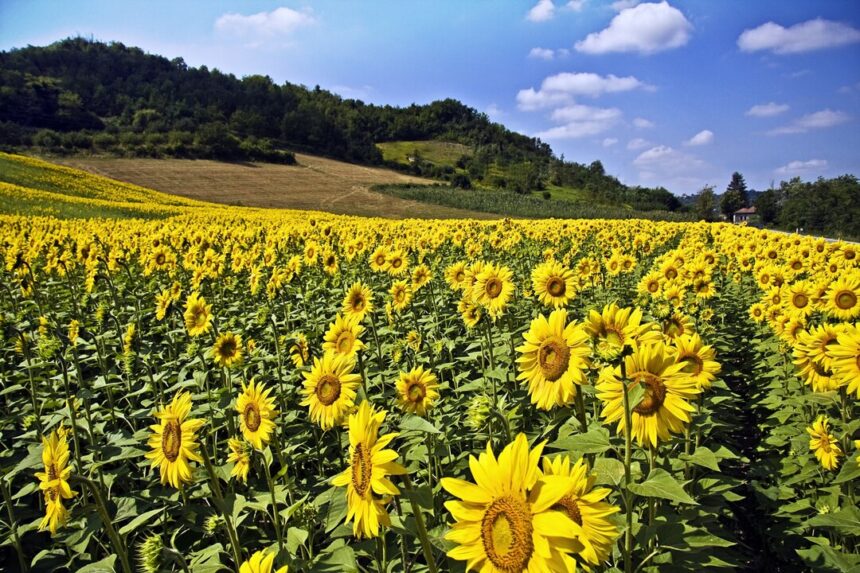Gauteng, the smallest but most populous province in South Africa, is known for its vibrant urban centers, diverse culture, and thriving economy. However, it’s also home to a significant agricultural sector, with fertile soil and a favorable climate for crop cultivation. In this article, we’ll delve into the most suitable crops for cultivation in Gauteng, highlighting the region’s agricultural potential and the crops that thrive in its unique environment.
Understanding Gauteng’s Agricultural Landscape
Gauteng’s agricultural landscape is characterized by a mix of urban development, peri-urban farming areas, and rural agricultural zones. While the province is largely urbanized, there are still ample opportunities for agricultural production, particularly in areas with access to water sources and fertile soil.
The climate in Gauteng is classified as subtropical highland, with hot summers, mild winters, and moderate rainfall. These conditions create favorable growing conditions for a wide range of crops, including both summer and winter varieties.
Most Suitable Crops for Gauteng
- Maize: Maize is one of the most important staple crops in South Africa, and Gauteng is no exception. With its warm summers and adequate rainfall, the province is well-suited for maize cultivation, particularly in the eastern and northern parts where the soil is fertile.
- Soybeans: Soybeans are a valuable cash crop with multiple uses, including animal feed, cooking oil, and food products. Gauteng’s climate and soil conditions make it suitable for soybean cultivation, providing farmers with an additional source of income.
- Sunflower: Sunflower is another important oilseed crop that thrives in Gauteng’s climate. With its high oil content and nutritional value, sunflower is grown extensively in the province for both commercial and small-scale production.
- Vegetables: Gauteng’s peri-urban areas are ideal for vegetable cultivation, thanks to their proximity to urban markets and access to irrigation. Crops like tomatoes, onions, carrots, and leafy greens are popular choices among farmers looking to capitalize on the demand for fresh produce in urban centers.
- Fruit Trees: Fruit orchards, including citrus, stone fruits, and pome fruits, are well-suited to Gauteng’s climate and soil conditions. These crops require careful management and irrigation but can yield high returns for farmers willing to invest in orchard establishment and maintenance.
- Herbs and Spices: Herbs and spices, such as basil, mint, coriander, and chili peppers, can be grown successfully in Gauteng’s peri-urban areas. These crops are in high demand among urban consumers and can fetch premium prices at market.
- Nuts: Nuts like almonds, pecans, and macadamias are gaining popularity in Gauteng as farmers look for alternative crops with high economic potential. These tree crops require a longer-term investment but can provide a lucrative income stream once established.
- Specialty Crops: Some farmers in Gauteng are exploring niche markets by growing specialty crops like lavender, saffron, and exotic fruits. While these crops may require more specialized knowledge and management, they can offer high-value products for niche markets.
Gauteng’s agricultural sector may be overshadowed by its urban landscape, but the province offers significant opportunities for crop cultivation and agribusiness. With its favorable climate, fertile soil, and proximity to urban markets, Gauteng is well-positioned to support a thriving agricultural industry. By focusing on suitable crops for the region and adopting sustainable farming practices, farmers in Gauteng can contribute to food security, economic development, and environmental stewardship in the province.
Join 'Farmers Mag' WhatsApp Channel
Get the latest Farming news and tips delivered straight to your WhatsApp
CLICK HERE TO JOIN






